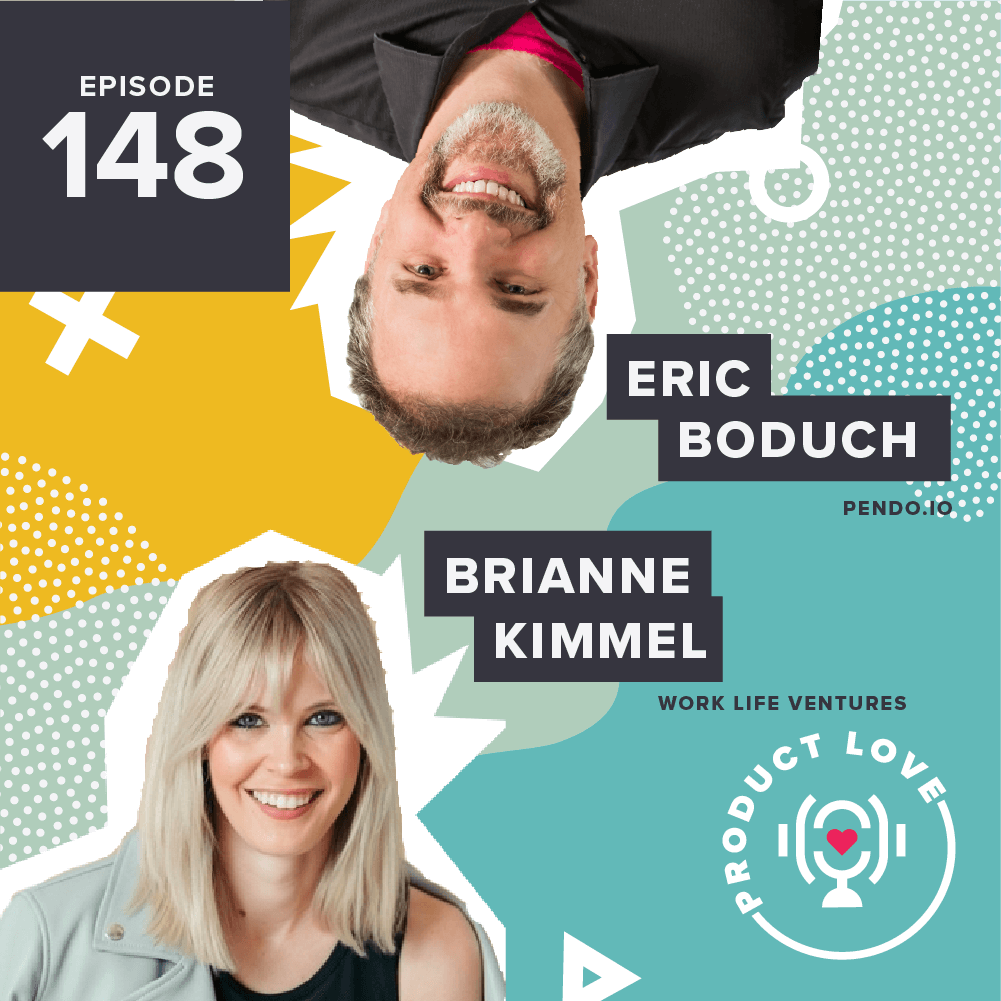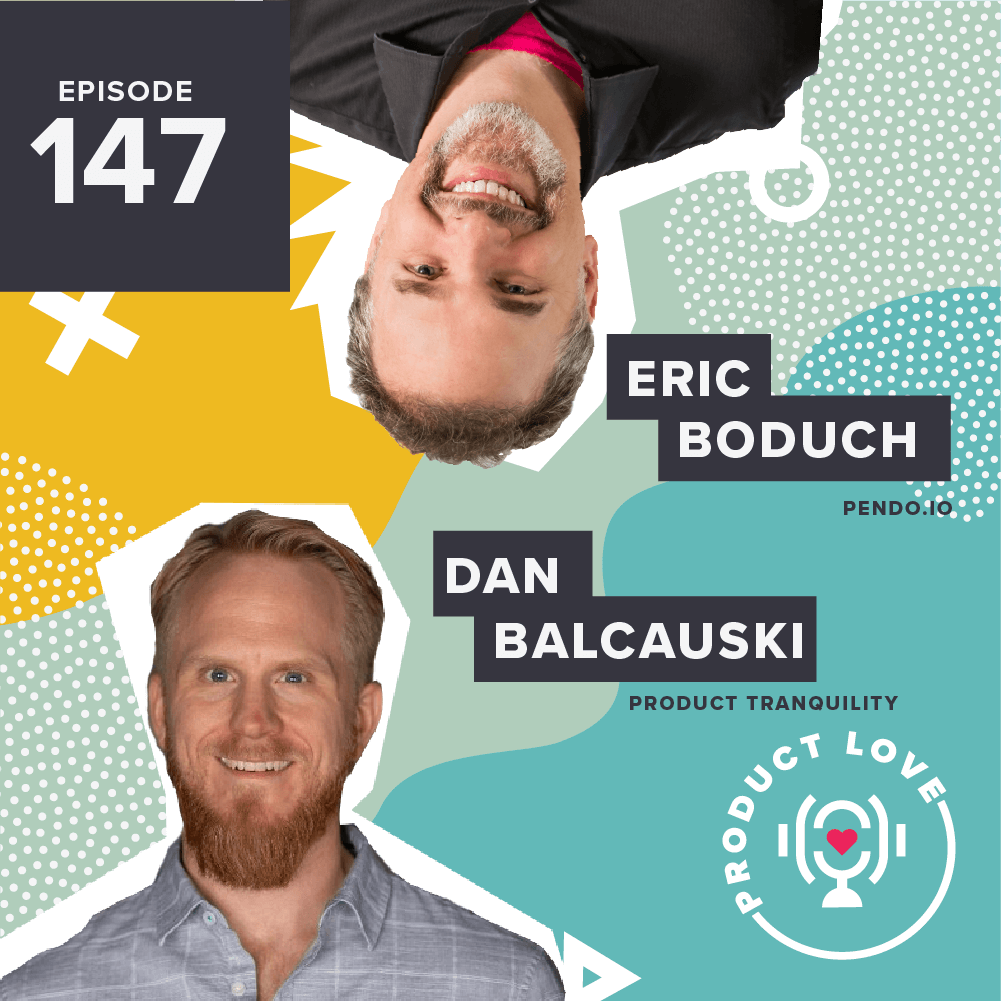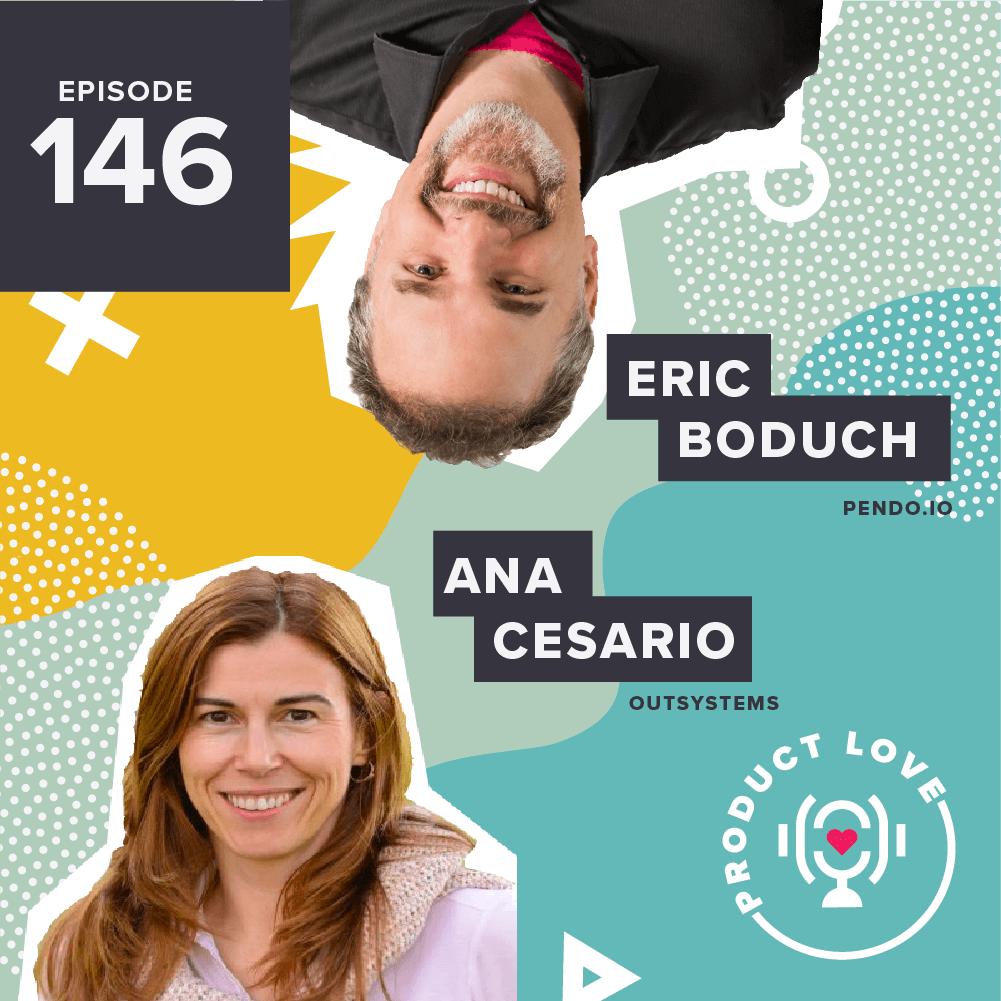This week on Product Love, I sat down with Matt Lemay, partner and co-founder of Sudden Compass. Sudden Compass helps enterprises unlock new growth opportunities by putting customer obsession into practice. Matt is also the author of two books: Agile for Everybody and Product Management in Practice.
The journey into product management
Matt admits his path to product management was like most people’s: bizarre and nonlinear. His first product management job was at Bit.ly, where he learned that a good part of product management was stakeholder communication. Initially, he didn’t enjoy that aspect but soon learned it was key to making sure your team was functioning well. Like most new PMs, he wanted to dive deep into what everyone thinks is “real” product management work: roadmaps, product strategy, and shipping. What he learned later was that all the little things he did before provided the perfect framework for thinking about product strategy. Becoming a strategic product manager isn’t just the result of doing strategic work. Rather, it comes out of having a connective mindset in everything you do.
Customer-centricity
The majority of companies these days claim to be customer-centric. In spite of that, Matt thinks that most companies’ approaches to customer-centricity are still too abstract or sanitized. A while back, he had a few clients who wanted to learn about great customer service, so he asked them for a company that provided that. His clients responded with, “Home Depot.” Matt then immediately suggested going to Home Depot, much to everyone’s confusion. They were expecting to read a few HBR articles on customer service and digest their learning that way. People are much more comfortable in learning within their comfort zone and less likely to do the fieldwork that could lead to meaningful conversations. As Matt explains, there is a fear that comes from leaving your office. It’s the same fear of giving up control and mastery.
Real customer-centricity is realizing that the true control of your business is in the hand of your customers. Product managers just can’t reduce them to data points, move them around on the dashboard, and think that’s the best way to learn about them.
Constraints and structures
So, what’s the number one reason why people don’t talk to customers? It’s because they don’t have time. But Matt believes that there’s time for everything, and you can get more done by having constraints. When people are told to talk to customers, they assume that going through a slide deck is the most efficient, productive way to do that. But in reality, a 300-slide deck is going to take more time to read and digest rather than a meaningful 10-minute conversation with customers. The latter has the potential to change the course of your work.
Matt then goes in more detail about the importance of time-boxing and true communication. There are a lot of things that give us a false sense of productivity. That could be responding to comments on Google Docs, where we can quite literally see a written output, or getting an email out of the way. But Matt frames it like this: We think the creation of a Google Doc might be the most meaningful thing of the day, but it’s not — it’s the conversation the Google doc drives. It’s all to say that yes, it’s worth conversing with your customers, even if there’s no written output for everyone to see. It’s already meaningful to have a conversation.
Want to learn more about Sudden Compass and customer-centricity? Listen to the episode.


